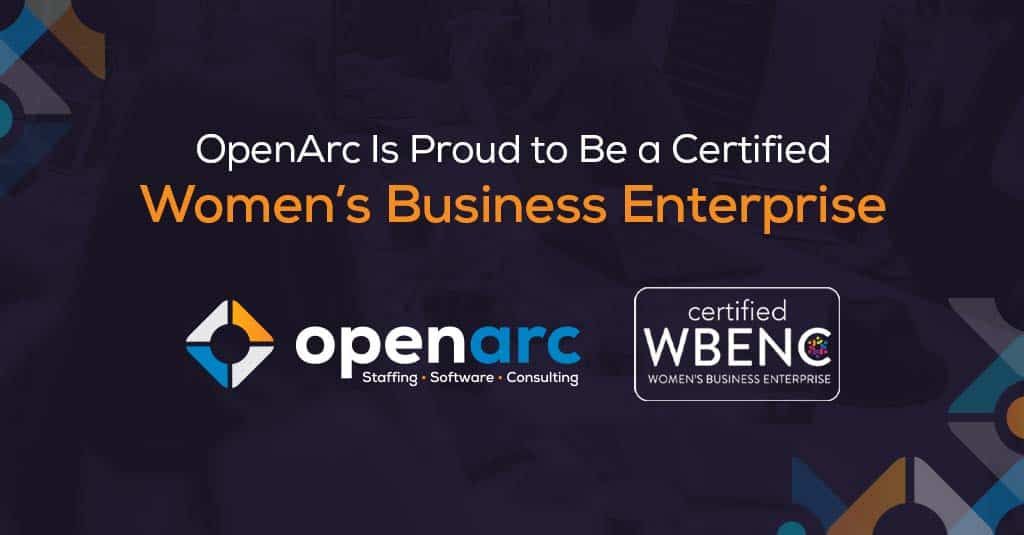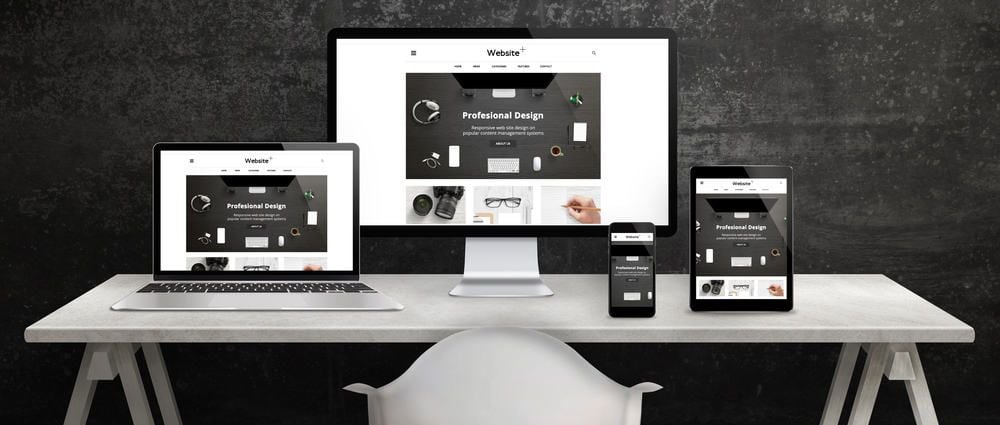
Ilana Diamond is the director of AlphaLab Gear, a hardware and robotics spinoff of AlphaLab, Pittsburgh’s nationally recognized startup accelerator. Startups enrolled at AlphaLab trade levels of investment for levels of equity and are taken through an eight-month program where they are mentored in various technical and business fields by some of the best known entrepreneurs and CEOs in Pittsburgh. Diamond spoke with us in advance of the upcoming Enterprise Forum Pittsburgh event Next Generation Manufacturing, which she is moderating. We talked with her during the first week of the new Gear program, so spirits were high. (And busy.)
Thanks for taking the time. Firstly, give us a high-level sense of the manufacturing field today. It seems to be an exciting time to be making things.
Well, there are several things that have changed in hardware that led us to establish our accelerator. Number one is the idea of open source hardware – hardware where all you need is a basic core of what you’re going to build and you can then more easily add to it and have something you can test and get customer validation for. The second is the democratization of access to maker tools. For the price of a gym membership, you can get a membership to TechShop and access expensive, sophisticated tools that until now, only big companies with lots and lots of money could have access to. The third thing is crowd funding. You can put a piece of hardware up on Kickstarter and 100,000 people give you money for it! First of all, you’ve raised your money – but now you have 100,000 customers, and that’s validation for investors.
Is hardware the new software?
That’s a great question. What’s changed in the last ten years is that investors used to only be interested in software companies. Hardware was perceived to take longer, be more expensive and be riskier. Software had all these great characteristics: you could put something together really quickly, it didn’t cost that much and you could test it and know faster whether or not this was something worth investing in. Even AlphaLab for the longest time was a software company. But as these new trends happened, we wondered if the lean startup methodology that’s used in software – and that AlphaLab and other accelerators rely on – could now apply to hardware. We decided to take our own advice: what’s the minimum viable product for a hardware accelerator? Now, as a result of all these changes, there’s an interest: “There are very few people investing in this – let’s be first.” And everybody, of course, does that at once.
What are some important things to consider when launching a new company or product?
One really stands out above the others: customer validation. Getting out and talking to customers. Making sure that the way you understand the problem is the way they understand the problem – and that the way you plan to solve it will actually solve it. That’s above and beyond everything. It doesn’t matter how good you are at the other stuff – if you’re not solving a problem that’s causing real pain for somebody and that they’re willing to open up their wallet and pay you money to solve, then you don’t have a business. All you have is a fun toy.
After that, it’s having a team of folks that have the skill you need to get the job done, and getting the right people to advise you. Figuring out what you don’t know and being open and coachable is critical.
What inspired you to get involved?
One of my real goals is to consider the option of manufacturing in western Pennsylvania, or at least in the US. For about 17 years, I ran a consumer electronics company and we manufactured in China, like everybody else. In the last five years or so, we experimented with redesigning the products from the beginning. If you design for manufacture in China and then bring it to a US manufacturer, it’ll be too expensive. However, if you design products to be manufactured in the US from the beginning, by the time you account for all the considerations of overseas manufacturing, the total cost of ownership is almost always less expensive.
I really believe that location is a design choice in many cases – and maybe even in most cases. We’ve gotten so used to making the choice in favor of low-wage countries that we don’t even think about it anymore. That’s how we’re trained. We want to change the mindset and get companies to actually think about it. We want to be open, and we encourage the same in our startups.
The story of manufacturing is tied to the story of this region and of the country as a whole. How important is this movement in carrying on that tradition?
One of the first things I thought when they approached me about a hardware accelerator in Pittsburgh was that it’s playing to our brand image. Incredibly, there are people we still need to convince that we’re a hotbed of software – we are! I don’t think we need to convince anybody that we have the labor pool, a deep knowledge and all the resources for manufacturing. It’s what we’re known for. We’re playing to our strengths.
And wouldn’t it be poetic for the city to become a major voice again in the field it was always famous for?
Exactly. And what’s leading manufacturing from the old school to the new? It’s technology and robotics, two areas where we’re world leaders.
As a manufacturing veteran, what does this program mean to you personally?
Honestly, I feel like I died and went to heaven. I’m being paid to do what I love to do. Even when I was running my business, I was always mentoring. I’m actually from Chicago, but I’ve fallen in love with Pittsburgh over the years. I even moved my business here. I’ve seen the city come a long way, and I think this is exactly the thing that could take us to that next level – if we could be the center of the new advanced manufacturing. And I think we can. It’s asking people to come here for exactly what we’re good at.









